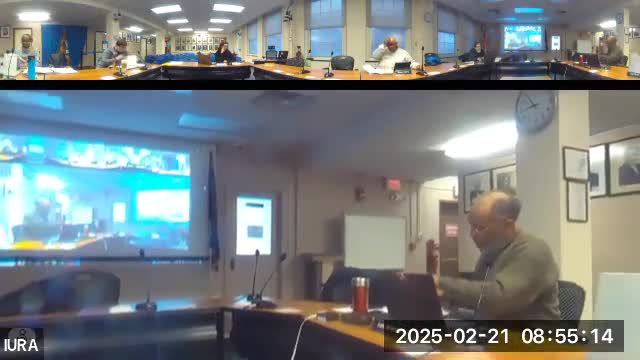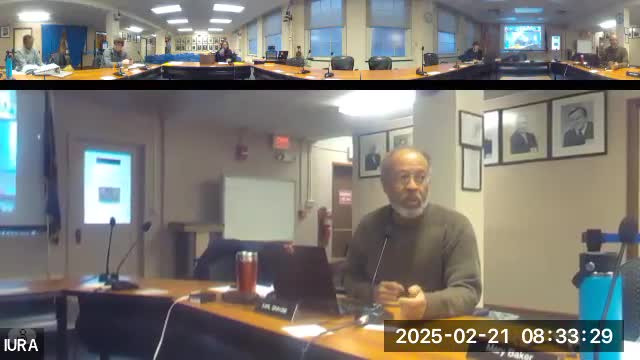Article not found
This article is no longer available. But don't worry—we've gathered other articles that discuss the same topic.

Committee approves minutes and schedules follow‑up for next meeting; staff to compile budgets and commitment letters

Committee reviews public‑service and facilities applications; votes to shift Southside Community Center resilience project to public‑facilities review

